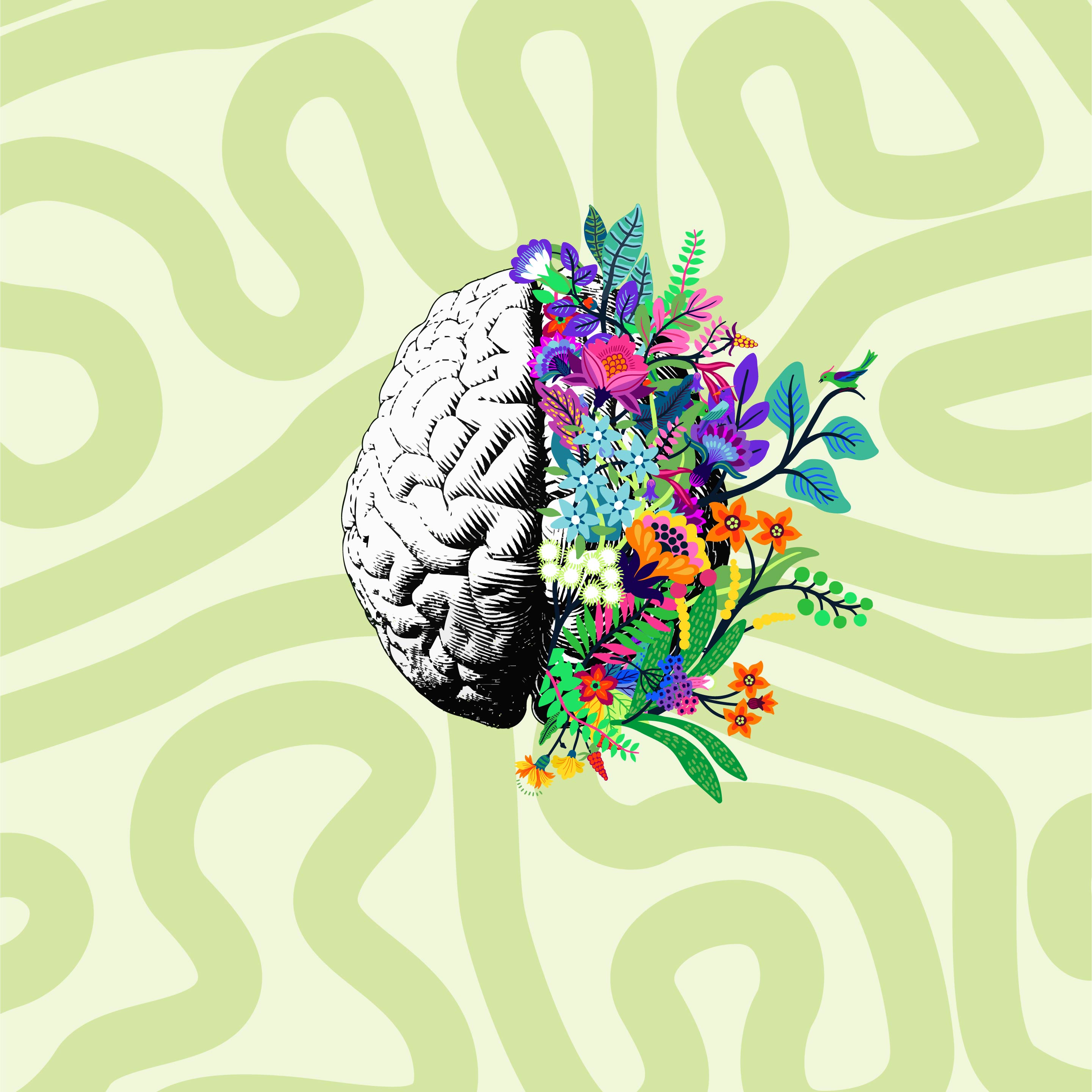Stigma associated with schizophrenia with Systems Engineering students at two private universities in Santo Domingo

Published 2019-12-10
Versions
- 2023-06-01 (2)
- 2019-12-10 (1)
Keywords
- CAMI,
- CEED,
- Stigma,
- Schizophrenia,
- Systems Engineering
- O&M,
- Program,
- UNPHU ...More
How to Cite
Copyright (c) 2019 AULA Revista de Humanidades y Ciencias Sociales

This work is licensed under a Creative Commons Attribution 4.0 International License.
Abstract
The present comparative study has been conducted for the purpose of evaluating and comparing, the potential stigma that may exist between these two groups towards people suffering from schizophrenia. It was of transversal nature and comprised a universe of 521 students, of which 178 were chosen to form part of the sample group. Analyzing the results of the study, it was found that most of the examined students did not know what schizophrenia is, nor the implications of having it. Poor knowledge or lack thereof can lead to erroneous beliefs towards something or someone. As a tool to fight the stigma towards these patients, the program “Schizophrenia without Stigma” (*ESE, for its initials in Spanish) was created, whose main objective is to offer techniques and tools based on Acceptance and Commitment Therapy, in order to reduce the stigma and /or stereotypes that people suffering from schizophrenia experience every day.
Downloads
References
Cazzaniga Pesenti, J., & Suso Araico, A. (2015a, b, c). Estudio: «Salud mental e Inclusión Social. Situación Actual Y Recomendaciones Contra El estigma». Confederación Salud Mental España, Madrid.
Ertugrul, A. & Ulug, B. (2004). Perception of stigma among patients with schizophrenia Soc. Psychiatry Psychiatr Epidemiol. 39, 1,73-77.
Faxas, N. (2014). Enfermos mentales, víctimas del sistema sanitario del país (República Dominicana). El Caribe, p.4.
Gutiérrez, J., Caqueo, A., Ferrer, M., & Fernández, P. (2012). Influencia de la percepción de apoyo y del funcionamiento social en la calidad de vida de pacientes con esquizofrenia y sus cuidadores. Psicothema, 24 (2), 254-262. Recuperado de http://www.psicothema.com/pdf/4008.pdf
Goffman, E. (1963). Stigma: Notes On The Management Of Spoiled Identity, Prentice-Hall. (Edición En Español: estigma. La Identidad Deteriorada, Amorrortu, Buenos Aires, 2003).
Grandón, P., Aguilera, A., Bustos, C., Alzate, E., & Saldivia, S. (2017). Evaluación del estigma hacia personas con diagnóstico de esquizofrenia mediante una escala de conocimiento. Revista Colombiana de Psiquiatría, 47 (2), 72-81. Doi: 10.1016/j.rcp.2017.01.009
Hayes, S. C., Bissett, R., Roget, N., Padilla, M., Kohlenberg, B. S., Fisher, G., et. al. (2004). The impact of acceptance and commitment training and multicultural training on the stigmatizing attitudes and professional burnout of substance abuse counselors. Behavior Therapy, 35
(4), 821-835.
Hamann, J., Cohen, R., Leucht, S., Busch, R. & Kissling, W. (2005). Do patients with schizophrenia wish to be involved in decisions about their medical treatment? Am J. Psychiatry. 16212, 2382-4.
León Castro, H. (2005). Estigma y enfermedad mental: Un punto de vista histórico-social. Revista de Psiquiatría y Salud Mental Hermilio Valdizán, 4 (1), pp.33 - 42.
Loubat O, M., Lobos, R., & Carrasco, N. (2017). Estigmatización de la persona con esquizofrenia y consecuencias para el proceso de rehabilitación: un estudio en profesionales de la salud mental. Límite. Revista Interdisciplinaria De Filosofía Y Psicología, 12(39), 15 Recuperado de https://dialnet.unirioja.es/descarga/articulo/6625357.pdf
Muntaner, J. (1998). La sociedad ante el deficiente mental. Normalización, integración educativa, inserción social y laboral. Madrid, España: Narcea Ediciones.
Muñoz, M., Santos, E. P., Crespo, M., & Guillén, A. I. (2009). Estigma y enfermedad mental. Análisis del rechazo social que sufren las personas con enfermedad mental. (1era ed.). Madrid, España: Complutense, S.A.
Muñoz, M., Pérez-Santos, E., Crespo. M., Guillen. A., & Izquierdo, S. (2011). La enfermedad mental en los medios de comunicación: Un estudio empírico en prensa escrita, radio y televisión. Clínica y Salud. 22 (2), 157-173. Doi: 10.5093/cl2011v22n2a5
Merlo, C. (s.f.). Esquizofrenia Hoy. https://www.isep.es/tesina/esquizofrenia-hoy-superando-elestigma/
Organización Mundial de la Salud.(2016). Esquizofrenia. [online] Available at: http://www.who.int/mediacentre/factsheets/fs397/es/ (Accessed 20 Dec. 2017).
Pérez Álvarez, C., Bosqued Molina, L., Nebot Macías, M., Vidal, M. G., Pérez Zaera, J., & Quintanilla López, M. Á. (2015). Esquizofrenia en la prensa: ¿El estigma continúa? Revista Asociación Española de Neuropsiquiatría, 128.
Piña, L. L. (30 de enero de 2013). Cafeterías Llenas de Historia. Obtenido de Notimundo RD: http://notimundord.com/2013/11/cafeterias-llenas-de-historia/
Peral, D. D. (2012). Estigma versus recuperación. I Congreso Nacional de sensibilización al estigma Social en Salud Mental (p.1 (129)). Almería: Alborán Editores.
Reyna, P. (2015). Recuperado el 28 de marzo de 2017, de Patricia Reyna WordPress: https://patriciareyna.wordpress.com/2015/05/23/analisiscriticoalasaludmentalenlasociedaddominicana/
Reavley, N. J., Jorm, A. F., & Morgan, A. J. (2016). Beliefs about dangerousness of people with mental health problems: the role of media reports and personal exposure to threat or harm. Soc Psychiatry Psychiatr Epidemiol (50), 1-8.
Romero, A. A. (2010). Una mirada social al estigma de la enfermedad mental. Cuadernos de trabajo social, 23, 289-300.
Shiffino, R., Rodríguez Monegro,, N., Mieses Michel,, J., Soto, I., Rondón, R. & Sosa, A. (2012). Programa Nacional De Rehabilitación Psicosocial del Trastorno Mental Grave. 1era ed. Santo Domingo, República Dominicana: Ministerio de Salud Pública.
Salazar, J. (2016). El estigma del 28. Recuperado de http://www.listindiario.com/la-republica/2016/11/28/444899/el-estigma-del-2
Sobrino, E. R. (2015). Evaluación de los conocimientos, actitudes, opiniones y creencias que tienen los adolescentes sobre la enfermedad mental. Hospital General Universitario Gregorio Marañón. Salud Madrid. Recuperado de http://www.codem.es/Adjuntos/CODEM/Documentos/Informaciones/Publico/
Thorndicroft, G. (2006). Shunned: Discrimination against people with mental illness. Reino Unido: Oxford.
